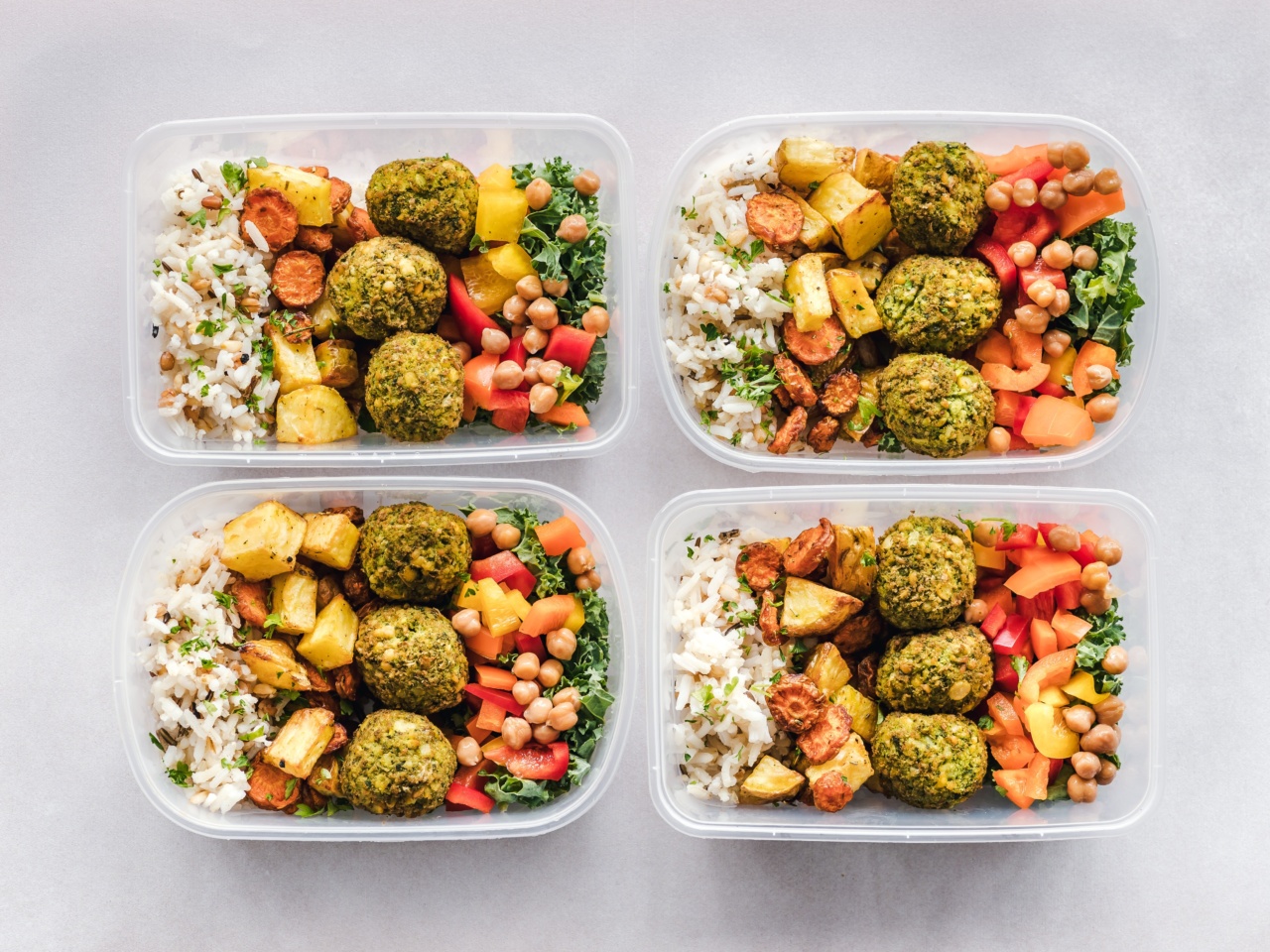If you are struggling with Irritable Bowel Syndrome (IBS), you know how important it is to choose foods that are gentle on your digestive system.
IBS is a common disorder that affects the large intestine and can cause symptoms like abdominal pain, bloating, gas, and diarrhea or constipation. While there is no one-size-fits-all diet for managing IBS, incorporating easy-to-digest foods into your meals can help alleviate symptoms.
In this article, we will discuss ten easy-to-digest foods that you can include in your diet to manage IBS effectively.
1. White Rice
White rice is a staple in many cultures and is often recommended as part of a low-fiber diet, which is beneficial for individuals with IBS.
It is easier to digest compared to brown or wild rice because the husk, bran, and germ have been removed during processing. White rice is a good source of energy and can be paired with easily digestible proteins like tofu or lean meats to create a well-balanced meal.
2. Cooked Vegetables
When it comes to managing IBS, cooked vegetables are generally better tolerated than raw ones. Cooking vegetables breaks down their fibers, making them softer and easier to digest.
Some well-tolerated cooked vegetables for individuals with IBS include carrots, zucchini, green beans, and spinach. Steaming or sautéing these vegetables until they are tender can help maximize their digestibility while retaining their nutritional value.
3. Lean Proteins
Choosing lean sources of protein is essential for individuals with IBS as fatty meats can be harder to digest. Opt for lean proteins like skinless poultry, fish, tofu, and eggs.
These proteins are not only easier on your digestive system but also provide essential nutrients like amino acids, vitamins, and minerals.
4. Quinoa
Quinoa is a gluten-free grain that is rich in dietary fiber, making it an excellent choice for those with IBS. It is easier to digest than other grains like wheat or barley and provides a good source of protein.
Quinoa can be used as a base for salads, served as a side dish, or incorporated into soups and stews.
5. Fermented Foods
Fermented foods are rich in probiotics, which are beneficial bacteria that can help promote a healthy gut flora.
Including fermented foods like yogurt with live cultures, kefir, sauerkraut, and kimchi in your diet can help improve digestion and reduce symptoms of IBS. However, it is essential to choose fermented foods that work well with your individual IBS triggers.
6. Oatmeal
Oatmeal is a comforting and easily digestible breakfast option for individuals with IBS. It is rich in soluble fiber, which can help regulate bowel movements and alleviate constipation.
Choose plain oatmeal and avoid added sugars or artificial flavors, which can potentially trigger symptoms.
7. Bananas
Bananas are a great source of potassium, vitamins, and minerals, and they are also easy to digest. They can help add bulk to your stools and alleviate diarrhea, which is commonly associated with IBS.
Whether eaten alone or added to smoothies or oatmeal, bananas are a versatile fruit that can be enjoyed in various ways.
8. Broths and Soups
Broths and soups are gentle on the digestive system and can provide hydration and nourishment. Opt for clear broths or soups made from easily digestible ingredients like bone broth, vegetable broth, or chicken soup.
Adding cooked vegetables, lean proteins, or easily digestible grains like white rice or quinoa can enhance the nutritional value of the soup while being gentle on your gut.
9. Peppermint
Peppermint has been used for centuries to soothe digestive discomfort and alleviate symptoms of IBS.
Peppermint tea or incorporating fresh or dried peppermint leaves into your meals can help relax the muscles of the gastrointestinal tract and reduce spasms. However, it is important to note that some individuals with IBS may be sensitive to peppermint, so it is best to listen to your body and adjust accordingly.
10. Ginger
Ginger has long been valued for its medicinal properties, particularly for its ability to help with digestion and relieve nausea. It can be used fresh, dried, or in the form of ginger tea.
Adding ginger to your meals or sipping on ginger tea can help soothe your digestive system and reduce symptoms associated with IBS.
Remember, it is crucial to listen to your body and identify which foods work best for you and which trigger your symptoms.
While these easy-to-digest foods can generally be beneficial for managing IBS, everyone’s tolerance to different foods may vary. Consulting with a healthcare professional or registered dietitian who specializes in digestive health can provide personalized guidance and support in managing your IBS effectively.





























